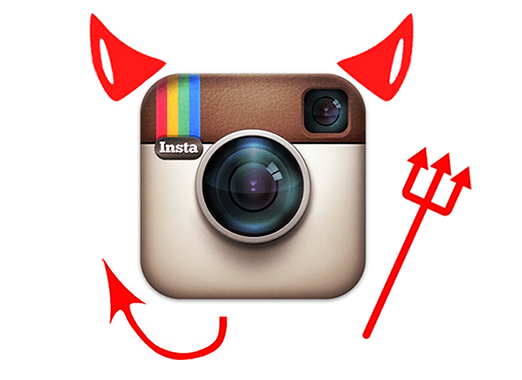
As I write this, in 2022, I realize I used to be afraid of the dystopian state and future that humanity could find itself facing due to tech. I just turned 24, and I hardly remember a world before social media. From a young age, I saw an upcoming fork in the road.
One path could lead us to an easier world, a more fair world – a world where automation grants an easier life to all, a world in which we are free to spend our time with our families, with our passions. I yearned for this path.
The other path looked much, much more sinister. Mass surveillance, manufactured consent, endless propaganda, a war on truth, a war on freedom of thought, and a limited range of socially acceptable discourse and debate all seemed likely.
If I recall correctly, Facebook officially went live on 02/04/2004 – coincidentally, the same day DARPA’s Lifelog, was “totally and entirely discontinued” (due to privacy concerns). Although there is a strong similarity between the two, I’m sure it’s just a coincidence. The Federal Government, the US Intelligence Community, Big Tech, and the US Military Industrial Complex would never do something like that!
16 years later, in 2020, the social media platform Instagram celebrated it’s 10th birthday.
The Internet Patrol is completely free, and reader-supported. Your tips via CashApp, Venmo, or Paypal are appreciated! Receipts will come from ISIPP.
Today, just two years later, it’s a highly popular social media platform, with more than 500 million active users daily.
Today, some 20-odd years after the internet began it’s permeation of modern culture and society, I am no longer afraid of my aforementioned fork in the road. Instead of fear, I feel a sense of disbelief, shock, and awe. I believe that we went down the wrong path quite some time ago.
Instagram had hit 1 billion monthly users in June 2018 – solidifying it’s position as the third largest social platform, after Facebook and YouTube. One billion. That is a difficult figure to visualize. Every month, at least 1,000,000,000 people take time out of their day to open Instagram. That’s more people than the entire population of the Southern hemisphere.
How has Instagram affected these people? How has it impacted their thoughts, their self-image, their habits? Above all, to what degree has it taken control of their lives?
Instagram started as a platform for just sharing photographs. However, it quickly gained popularity, allowing it to become an influential social app, widespread in use throughout the world, and throughout generations of people.
Though it was launched several years after Facebook, Instagram did something that none of its predecessors and competitors had done before.
Unlike Facebook, it wasn’t geared towards posting a large amount of content. The interface naturally rewards profiles with a cohesive and high-quality series of posts. Similar elements in composition and design create a unified timeline of a profile, which is appealing. Users naturally began to curate their content and only upload the best.
Humans are naturally social creatures – we like to feel accepted and we like to feel as if we are socially valued. This is the primary biological drive that I see social media platforms, especially Instagram, exploiting for shareholder profit. However, humans are not naturally online creatures (although that is slowly changing). We were entirely unprepared, as a species, for something like Instagram. As a result, we often aren’t prepared to ask ourselves difficult questions about our internet use:
“Is this product adding to my life?” “Does this application make me happier?” “Am I in control of my internet use?” “By posting this doctored image of me, do I lead other people to feel like they must live up to and compete with unrealistic beauty standards?”
It’s bad enough when all you see of other people’s lives is the top 1%, or 0.1% of moments in their camera roll. That’s not even considering the impact of constant filters to smooth out blemishes, saturate colors, hide flaws and show beauty. Celebs hit the ground running with a pro team of image editors to clear up skin, widen hips, hide cellulite, and accentuate abs.
The result, of course, is way-above-average photographs. People, places, things and animals we encounter in daily life now look anything but normal or natural.
I’d love to hear your thoughts, in the comments. I know personally that smartphones, social media, and Instagram specifically are immensely damaging to my mental health. What’s your experience been?
The Internet Patrol is completely free, and reader-supported. Your tips via CashApp, Venmo, or Paypal are appreciated! Receipts will come from ISIPP.









